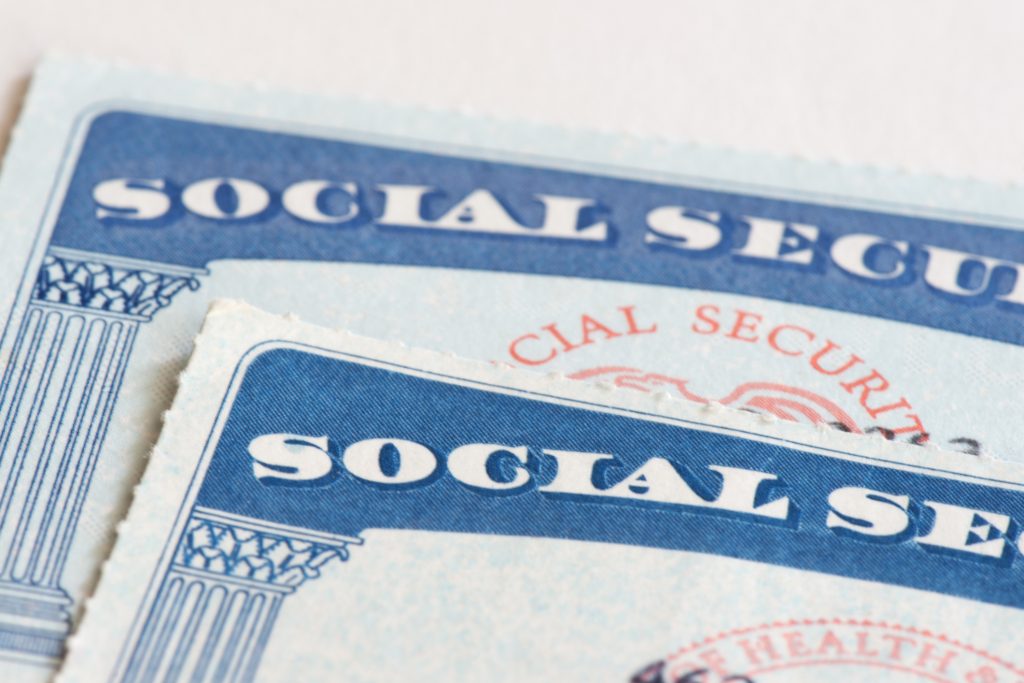Although many people see their living costs decline on a whole once they stop working, healthcare costs have a sneaky way of rising during retirement. And that makes sense, because as people age, health issues tend to arise.
Unfortunately, though, many Americans are underestimating their healthcare costs in retirement. And that could throw their finances for a loop.

Image source: Getty Images.
Fidelity puts the average cost of healthcare in retirement at $165,000 for a 65-year-old retiring this year. But the average American estimates spending about $75,000 on healthcare in retirement — less than half of the $165,000 Fidelity calculates.
Now the reality is that your healthcare costs in retirement will hinge largely on how healthy you are. But here are a few expenses all retirees tend to face.
1. Medicare premiums
It’s a giant myth that coverage under Medicare is free. While most enrollees don’t pay a Part A premium for hospital care, Part B, which covers outpatient care, charges a monthly premium. So do Part D drug plans and Medicare Advantage plans (though in some cases, you might find a $0 premium plan for these).
In 2024, the standard monthly Medicare Part B premium is $174.70. But you should also know that higher earners pay above this amount.
2. Medicare deductibles
As a Medicare enrollee, you’ll be subject to an annual deductible for Part B that changes each year. For the current year, it’s $240.
That’s not so terrible. But where you might run into trouble is the inpatient hospital deductible that applies to Medicare Part A.
This year, you’re looking at $1,632 as your deductible for a single hospital stay. And that only covers your first 60 days. Beyond that, you’re subject to expensive coinsurance.
3. Services not paid for by Medicare
You might assume that once you enroll in Medicare, it’ll pick up the tab for all of your healthcare costs. Not so.
Medicare won’t pay for dental cleaning, eye exams, and hearing aids. If you want these services covered, you’ll need to sign up for a Medicare Advantage plan.
But there can be drawbacks to enrolling in Medicare Advantage, like being limited to a narrow network of providers. So that’s not necessarily a great solution.
Go in prepared
Now that you know what healthcare expenses to anticipate in retirement, you can take steps to plan accordingly. And one thing you may want to do ahead of retirement is fund a health savings account (HSA) if you’re eligible.
With an HSA, your contributions go in on a pre-tax basis like a traditional 401(k) or IRA. But from there, funds you don’t use right away can be invested and grown tax-free. And HSA withdrawals are tax-free as well when used for qualifying medical expenses.
Now you may have heard that HSAs aren’t compatible with Medicare coverage. But that’s not true.
You can’t contribute money to an HSA once you enroll in Medicare. But you can absolutely use an HSA as a Medicare enrollee to pay for different healthcare expenses.
Of course, not everyone is eligible for an HSA. If your health plan doesn’t allow you to contribute to an HSA, you can always pad your 401(k) or IRA instead.
The point, however, is that there are a number of healthcare costs you might face once you retire and move over to Medicare. And it’s important to have a plan for covering them so you’re not left scrambling once you stop working.
The $22,924 Social Security bonus most retirees completely overlook
If you’re like most Americans, you’re a few years (or more) behind on your retirement savings. But a handful of little-known “Social Security secrets” could help ensure a boost in your retirement income. For example: one easy trick could pay you as much as $22,924 more… each year! Once you learn how to maximize your Social Security benefits, we think you could retire confidently with the peace of mind we’re all after. Simply click here to discover how to learn more about these strategies.
View the “Social Security secrets” »
The Motley Fool has a disclosure policy.
 fool.com
fool.com accuweather.com
accuweather.com benzinga.com
benzinga.com



